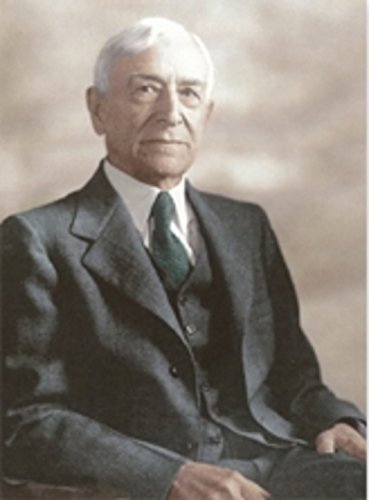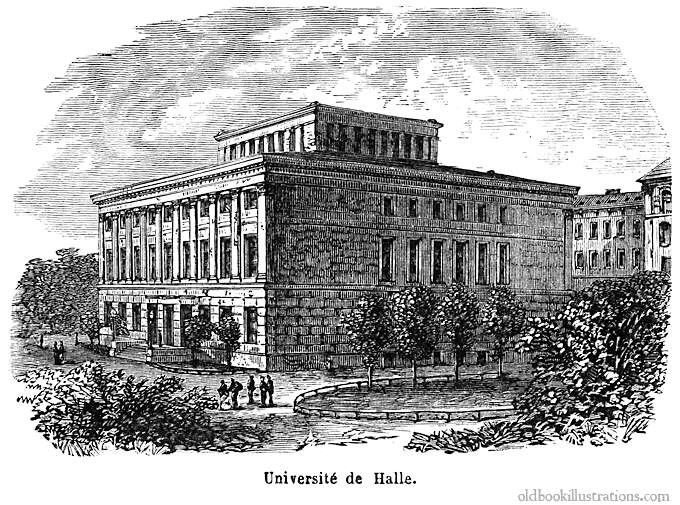
Frank Fetter was an American economist notable for his unified theory of distribution explaining the relationship among capital, interest, and rent.
Below is an excerpt from a biography of Frank Fetter included with our books.
| Title | Published |
|---|---|
| Principles of Economics | 1904 |
| Capital, Interest and Rent | 1897 |
Frank A. Fetter was born on March 8, 1863 in Peru, Indiana of the United States.
Fran A. Fetter came from a Quaker family during the height of the American Civil War. Fetter proved a brilliant student as demonstrated by his acceptance to Indiana University in 1879 when he was only sixteen years old.


Fetter was on track to graduate with the class of 1883, but left college to run his family’s bookstore upon news of his father’s declining health. Chief among the intellectual influences Fetter encountered at this time was Henry George’s Progress and Poverty.
After eight years, Fetter returned to academia and finally completed his B.A. in 1891. In 1892, Fetter completed his Master of Philosophy degree at Cornell University.
After Cornell, Fetter went to study under Johannes Conrad at the Sorbonne University in Paris, France.
Fetter earned his Ph.D. in 1894 from the University of Halle in Germany, where he wrote his doctoral dissertation, a critique of Malthusian population theory.
After earning his doctoral degree, Fetter accepted a position as a professor at Indiana University. In 1898, he accepted a teaching position Stanford University.
After leaving Stanford in 1901, Fetter went back to Cornell, where he remained for ten years. In 1911, he accepted the position of chairman in an interdisciplinary department at Princeton University. Fetter was the first chairman of Princeton University’s Department of Economics and Social institutions.
Fetter’s ideological is close to eminent Austrian School economists such as Eugen von Böhm-Bawerk and Friedrich von Wieser, Ludwig von Mises, and F.A. Hayek. He also referred to himself, Thorstein Veblen, and Herbert J. Davenport as being members of the “American Psychological School.”


Fetter was a staunch opponent of Franklin D. Roosevelt’s plan to end the gold standard and worked with other economists in lobbying against the move to a fiat currency.
Fetter contested Alfred Marshall’s position that land is theoretically distinct from capital. He argued that such a distinction was impractical. Fetter’s stand on this issue further led him to oppose Georgist ideas like the land value tax. He and John Bates Clark were credited with influencing mainstream economists to abandon the idea that land is a unique factor of production and hence that there is any special need for a special theory of ground rent.

Frank A. Fetter died at Princeton, New Jersey in 1949. J. Douglas Brown, Provost of Princeton University, wrote the announcement that “with the death of Frank Albert Fetter the great company of American economists has suffered an irreparable loss.”
Frank A. Fetter died at Princeton, New Jersey in 1949. J. Douglas Brown, Provost of Princeton University, wrote the announcement that “with the death of Frank Albert Fetter the great company of American economists has suffered an irreparable loss.”